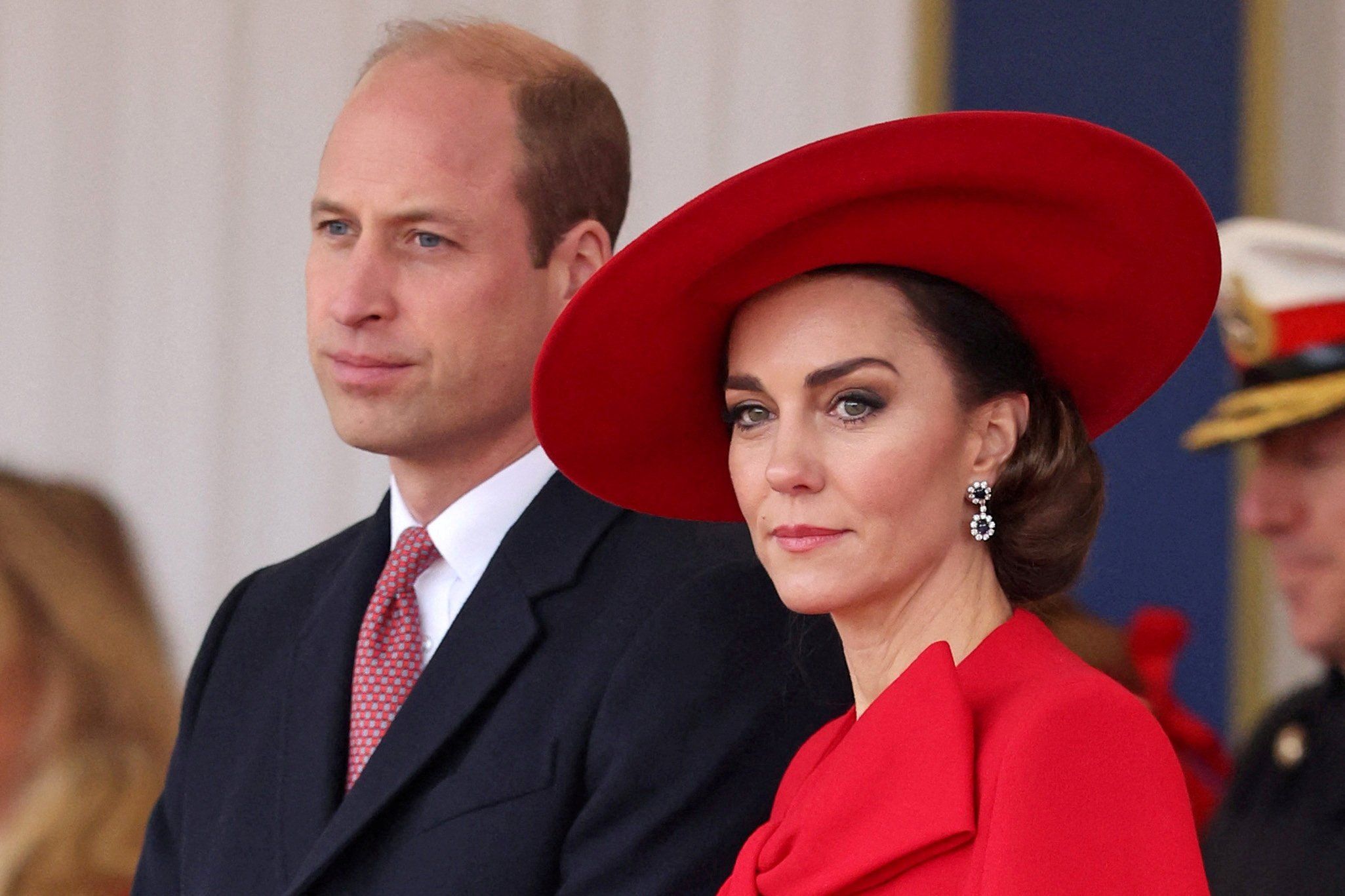Kremlin-linked trolls behind conspiracy theories about Princess of Wales
Researchers at Cardiff University in Wales identified 45 social media accounts linked to a Kremlin-backed disinformation network known for spreading divisive stories. The campaign capitalized on the lack of information about Catherine's health after she withdrew from public life ahead of the announcement. Like most conspiracy theories, the campaign aimed to inflame divisions, create chaos, and erode trust in institutions– specifically the British royal family and the media.
Russia has been waging a sustained disinformation war aimed at undermining western institutions and using hot-button topics to sow anger and division. With the Ukraine War at an inflection point, and elections on the horizon in the US, UK and EU parliament, the Kremlin’s disinformation efforts can only be expected to escalate.
